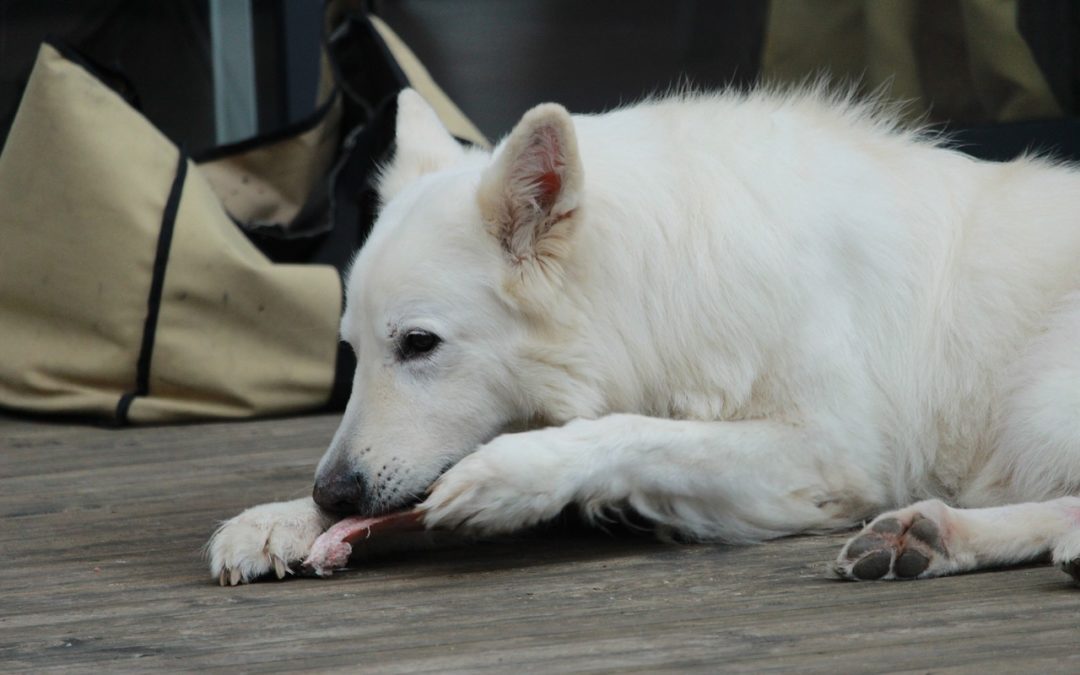Few things will get a dog’s or cat’s sniffer going more quickly than the scent of raw meat. Grounded in the belief that feeding dogs and cats raw meat is more natural than giving them processed foods, pet owners appear to be increasingly seeking out raw meat–based diets. Yet, a new study suggests that could be a risky proposition, as the majority of commercially produced raw foods a research team examined contained high levels of harmful bacteria—including strains that could transmit diseases to pets and their owners alike.
Because dogs’ and cats’ wild ancestors ate raw meat almost exclusively, pet owners often believe their animals will benefit from such a diet, explains the study’s lead author, Magdalena Nüesch-Inderbinen, a microbiologist at the University of Zurich’s Institute for Food Safety and Hygiene in Switzerland.
Although some pet owners prepare their own raw meals with store-bought meat, the pet food industry has jumped wholeheartedly into the market, offering dozens of meal options. These foods usually contain uncooked muscle and organ byproducts of animals slaughtered for human consumption. Several cases of bacterial diseases in pets have been linked to such raw meat diets, but few studies have examined how widespread potentially harmful pathogens are in such commercial products.

